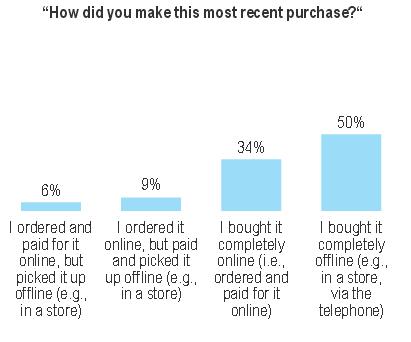Does Paying Off Student Loans Help Credit Score? Discover the Impact on Your Financial Future
When it comes to managing your finances, understanding how different actions affect your credit score is crucial. One common question that arises is, does p……
When it comes to managing your finances, understanding how different actions affect your credit score is crucial. One common question that arises is, does paying off student loans help credit score? The answer is not just a simple yes or no; it involves a deeper exploration of how student loans influence your credit profile and overall financial health.
First, let’s break down what a credit score is. A credit score is a numerical representation of your creditworthiness, which lenders use to determine the risk of lending you money. Factors that contribute to your credit score include your payment history, amounts owed, length of credit history, new credit inquiries, and types of credit in use. Among these, payment history is the most significant factor, accounting for about 35% of your score.
Now, when you pay off your student loans, you are positively impacting your payment history. Making consistent, on-time payments is a strong signal to credit bureaus that you are responsible with your debt. Therefore, does paying off student loans help credit score? Absolutely, as long as you maintain a good payment history throughout the duration of the loan.

However, the relationship between student loans and credit scores is a bit more nuanced. For instance, if you pay off your student loans in full, you might see an initial dip in your credit score. This can be surprising, but it’s often due to a decrease in your overall credit mix. Credit scoring models favor a variety of credit types, including installment loans (like student loans) and revolving credit (like credit cards). By eliminating an installment loan, you may reduce the diversity of your credit profile, which can temporarily lower your score.
Moreover, closing a long-standing account can also affect the length of your credit history, another important factor in your credit score calculation. If your student loans were one of your oldest accounts, paying them off could potentially shorten your credit history and impact your score negatively.

Despite these potential drawbacks, the long-term benefits of paying off student loans generally outweigh the short-term impacts. Once the loans are paid off, you eliminate the debt, which can improve your debt-to-income ratio—a key metric that lenders look at when assessing your financial health for future loans, such as a mortgage or car loan.
In addition, being debt-free can provide you with greater financial flexibility and peace of mind. It allows you to allocate funds that would have gone toward loan payments to savings, investments, or other financial goals. This can lead to better financial habits and ultimately contribute to a healthier credit profile in the long run.

In conclusion, does paying off student loans help credit score? Yes, it does, but the effects can vary based on your overall credit situation. While you may experience a temporary dip in your score due to changes in your credit mix and history, the long-term benefits of being debt-free and managing your finances responsibly will likely lead to an improved credit score over time. Always consider your individual circumstances and consult with a financial advisor if you're unsure about the best course of action for your credit health. By taking control of your student loans, you are not only enhancing your credit score but also paving the way for a more secure financial future.